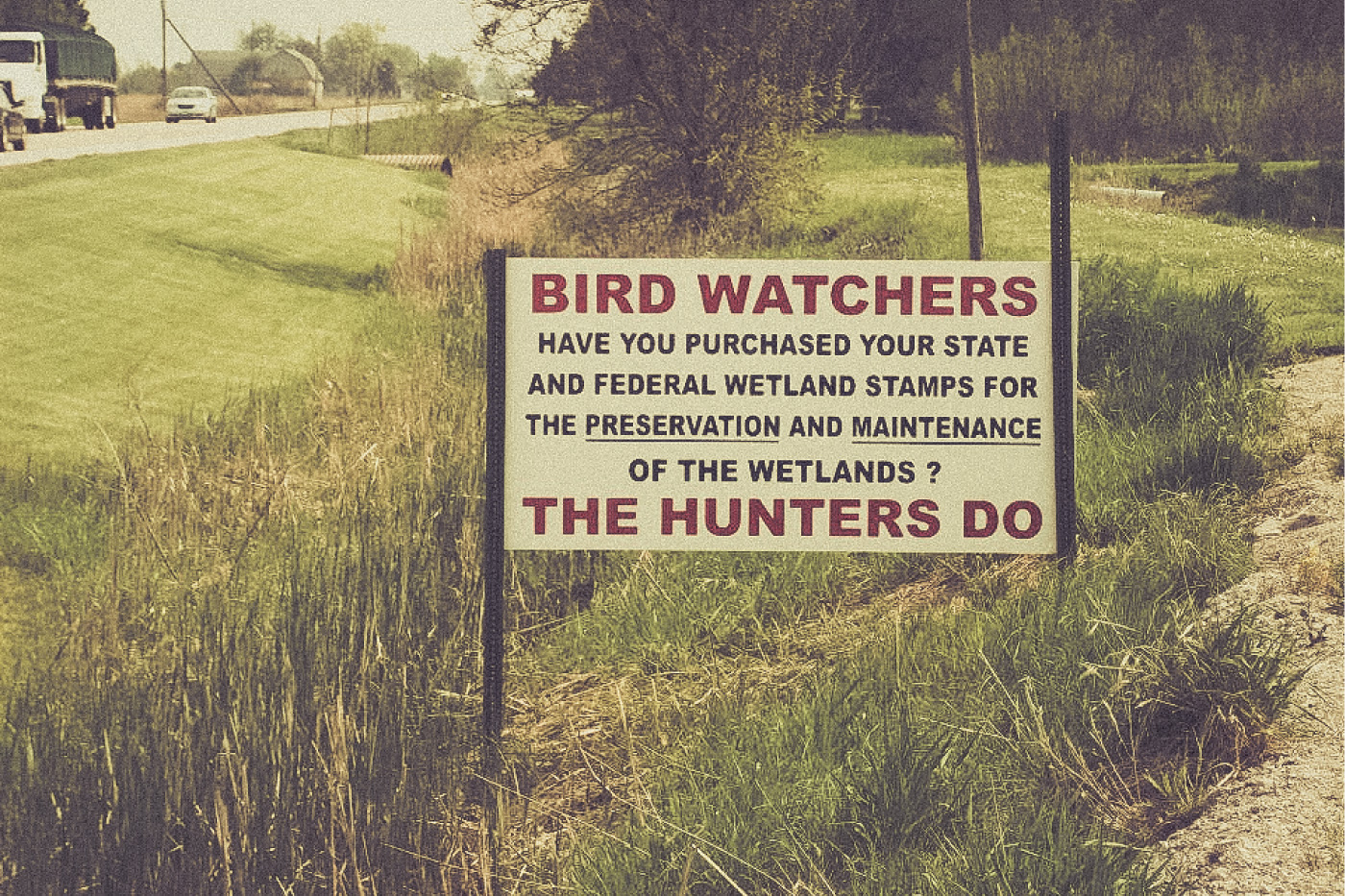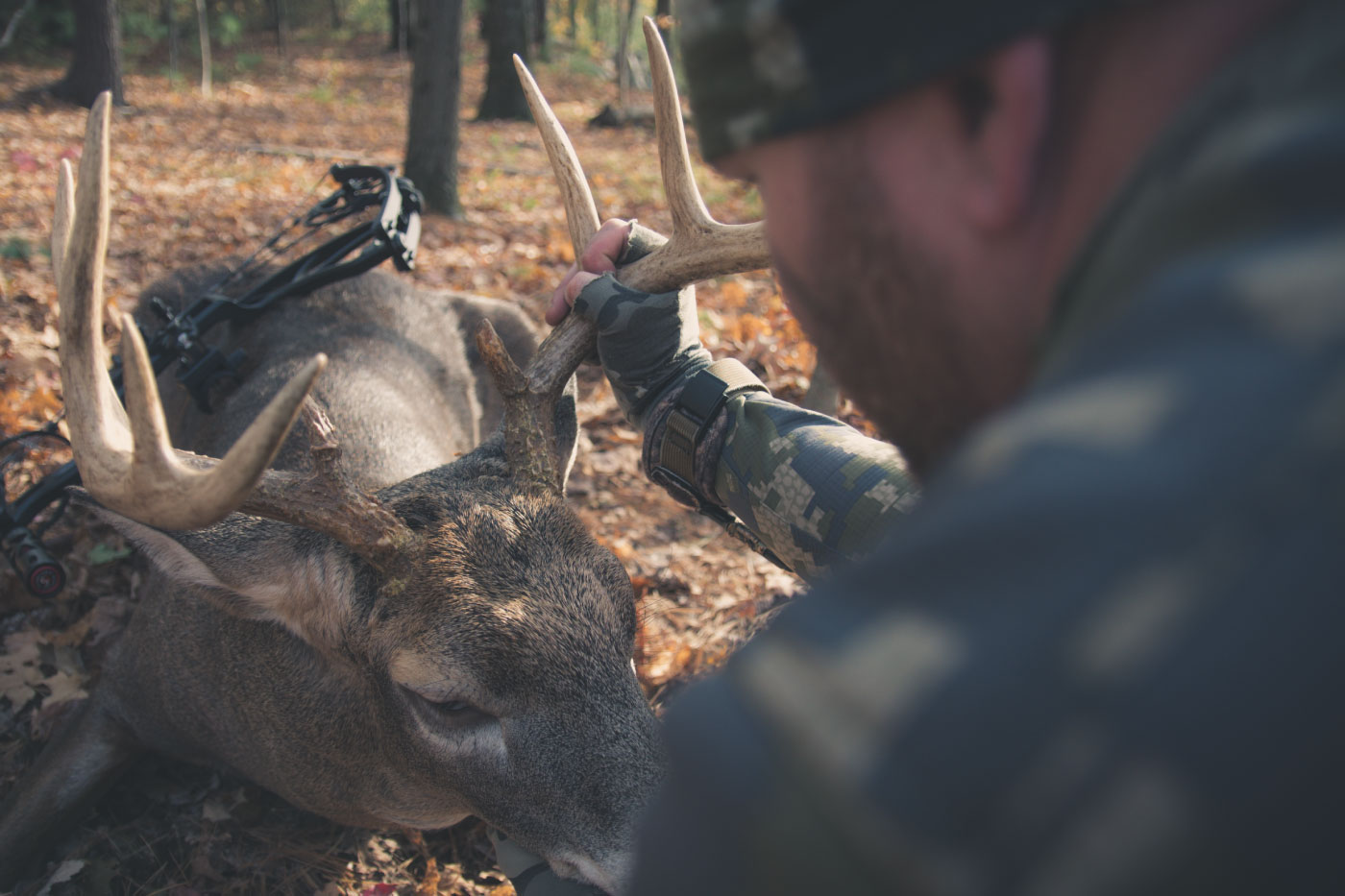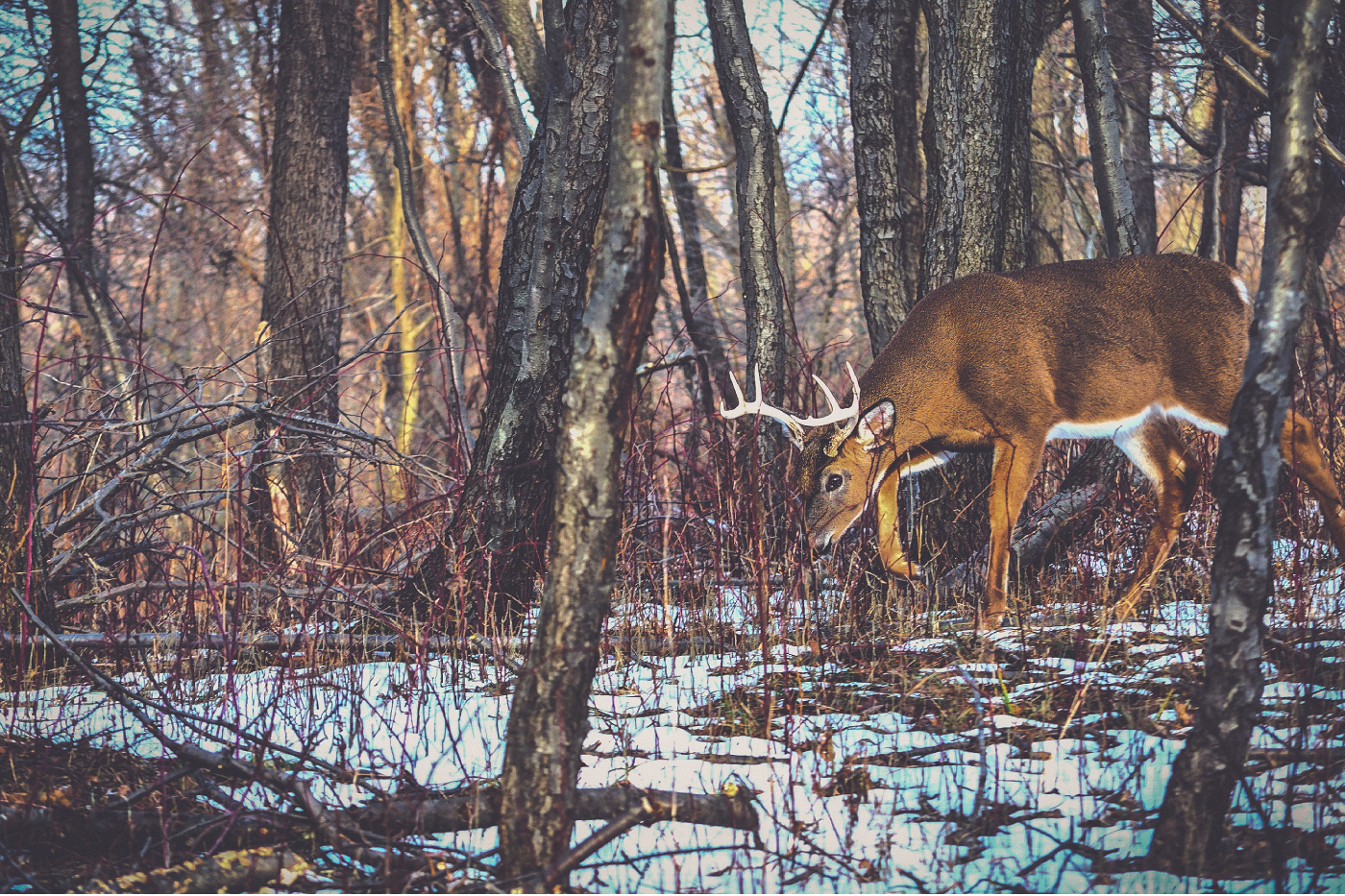Home » News » If You’re Against Hunting, You’re Against Conservation
If You’re Against Hunting, You’re Against Conservation

So, you’re against hunting. Would you still be if you knew how hunting benefits conservation?
A lot of people would love to debate this, but the fact of the matter is that hunting and conservation are joined at the hip. If you don’t believe it, check out these top three reasons why being against hunting is the same as being against conservation.
The Bill for Wildlife
Over 90% of the money raised on the state level to maintain Fish & Wildlife programs comes from the purchase of hunting and fishing licenses. Now maybe you’d prefer to see states pay directly for programs. Unfortunately, the truth is that politicians see more election value in other social issues—creating jobs, building highways, expanding industry—than they do in conservation.
It was back in 1929 that President Hoover created the Migratory Bird Conservation Act for the protection of waterfowl habitat. The act did not make much provision for any long term means of financing the project. So in 1934, President Roosevelt signed the Migratory Bird Hunting Stamp Act. This required hunters to purchase a “Duck Stamp” before hunting migratory birds. 98% of the proceeds goes to the Migratory Bird Conservation Fund. Can you imagine a politician now proposing the creation of revenue through hunting?
Hunting Conservation
We all know about the National Audubon Society, World Wildlife Fund, Green Peace, and other conservation efforts. Organizations like these have done great things for wildlife and that positive impact has not gone unnoticed. What has gone unnoticed are far more powerful and successful conservation groups: hunting organizations.
You can thank Ducks Unlimited for protecting more waterfowl migration routes than any other organization. They have so far conserved 13,206,088 acres of land in Canada, Mexico, and America. In addition, Ducks Unlimited has assisted and influenced programs to conserve a further 105,217,572 acres. 81% of their war chest, containing over 3.9 billion dollars raised in the US alone, goes directly to conservation. You can thank them when you go to feed the ducks (which is bad for them, by the way).
If that doesn’t prove that hunters are conservationists, let’s take a look at the American turkey. After many failed attempts to reverse the dwindling American wild turkey population, the United States government gave up. Turkey hunters, however, were not yet ready to face the end of a species coveted as an American pastime. They acted. In 1973, a group of hunters created The National Wild Turkey Federation.
By Assisting local, state, and federal governments, the NWTF helped the wild turkey population rebound from 30,000 to over 7,000,000 today. The NWTF has pledged to raise 1.2 billion dollars with their new Save the Habitat, Save the Hunt program for the preservation of wild turkeys. The very birds I hunt in my hometown are the result of 21 birds released in 1988 by the NWTF. Now people complain there are too many and turkey hunting is commonplace.
I could write volumes on all the hunting conservation organizations out there like The Quality Deer Management Association, Rocky Mountain Elk Foundation—and even the Ruffed Grouse Society. These are only some out of many.
The Ultimate Sustainable System
Outdoor media company Northwoods Collective has a short film entitled The Original Red Meat. In it, they draw the direct parallel between sustainable practices and deer hunting in the United States. “I do not recreationally use the outdoors,” they boldly state, “I am not a tourist to the trees, I am a participating member of a sustainable ecosystem. A one hundred percent organic system of life.” This is the real and untold reason why hunting so easily seeps over to the green movement.
The self-contained system requires thoroughly enforced laws and hunting seasons to regulate populations with close scientific monitoring. The mainstream distorts hunting to make it all about killing. Yet hunting has quite a bit more to do with the preservation of species. Why? Because the survival of the species is the survival of our passion. We hunters have nothing but the utmost respect for our prey. We do not rely on the smoke and mirrors of supermarkets and the meat industry to sell us a pretty packaged lie.
This is about the moral responsibility of our food and wildlife. This is about the future of our planet.




Wish to find photographer of the “Birdwatchers, Have you purchased your state or federal duck stamp” photo as I am writing an article on “Pay to Play, a “user pays-public benefits” model for conservation.” Credited to Kristen Marie, Rte 2 Ohio.
She runs the page Trapher on facebook
Great that you have tried to educate non hunters that we hunter help in many way to keep to wildlife improving and staying healthly by keep the herds flocks in control so they have food to eat. If the deer population get out of control you get ticks. As a person who survived Rocky Mountain Spoted Fever after many doctors guess at my sickness finally one doctor did blood work and gave me Meds to control the disease. That is just one example what over population of a animal can do to people. May people die each year from insect bites.
Love the site and the content. Highly recommend a fantastic book called “A Politically Incorrect Guide to Hunting” by Frank Minter. Lays out the reasons why hunters save lives!
Btw, just a small little nitpick. In the second paragraph of the second section; it should be routes not roots. First is a synonym for pathway, second refers to a part of a plant.
God bless an keep up the good work